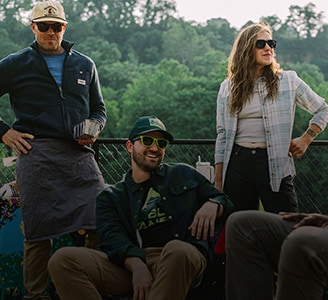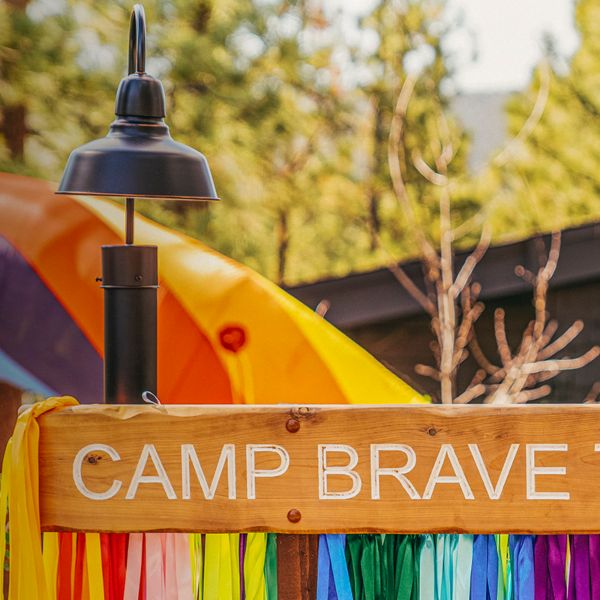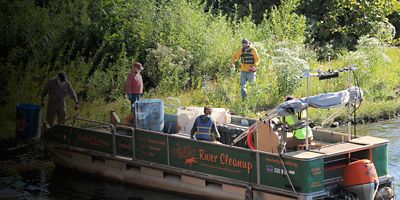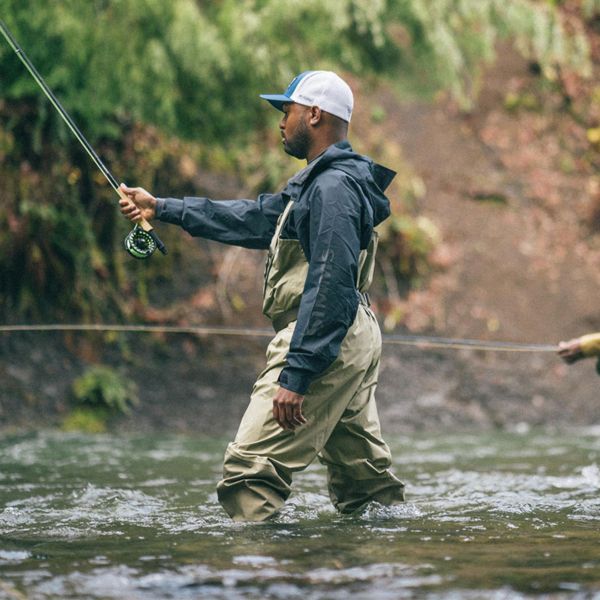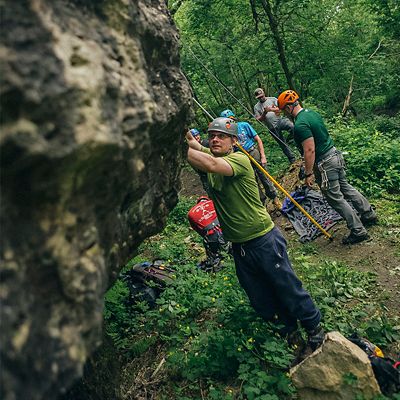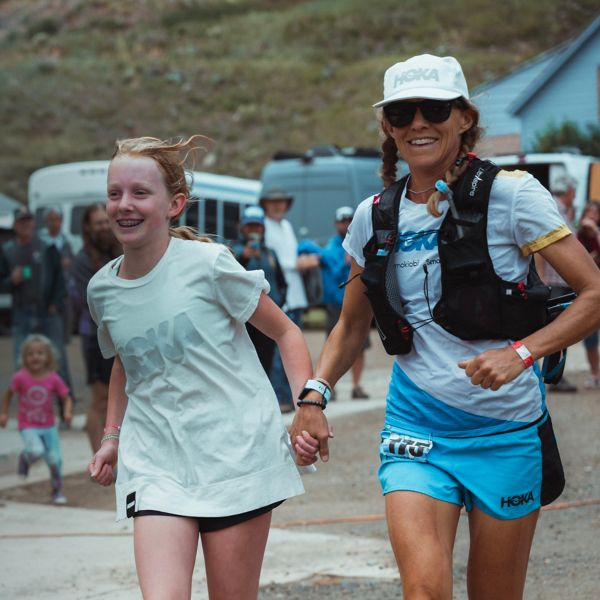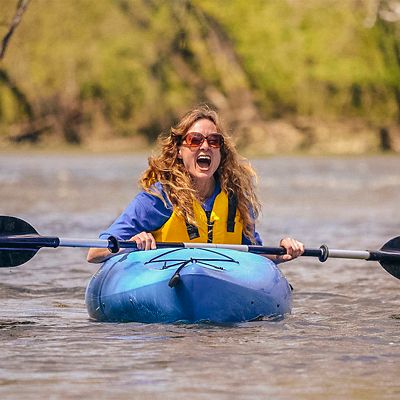Kevin Colburn jokes that he first started paddling when his father’s motorboat would break down—which was just about every time they took it out. But it was his Pennsylvania high school outdoor club that truly introduced him to whitewater paddling. From there it was a progression, not just in skills, but in understanding what it meant to experience a healthy river. Where he grew up outside Gettysburg, Pa., waterways were severely impacted by development and agriculture, piping brown liquids into nearby rivers he paddled. In North Carolina, where he went to college, some rivers were profoundly polluted, while others flowed from the most pristine headwaters in the eastern U.S. And in Montana, where he attended graduate school, most of the rivers he kayaked were wild and clean. “I’ve been chasing ever wilder rivers throughout my life,” he says. “I saw how good rivers can be, and I was inspired by the wildness.”
Now Colburn is National Stewardship Director for American Whitewater, which protects and restores whitewater rivers and enhances opportunities to enjoy them safely. His work ranges from preventing and removing dams to improving the flow releases through them—it’s an acute area of focus because great whitewater sections are often on steep, constricted rivers in unpopulated areas, which also make great locations for generating hydropower. Beyond negotiating those dams, Colburn also organizes individuals, groups, and communities to solve problems for water use and policy.
But before going deep with the grad school study of stream restoration and ecology, Colburn emphasizes that he rarely thought about advocacy. That’s because he believes any inspired work to protect the places we love starts there: in those places.
“It’s essential and good that people develop a relationship with nature that’s rich and uncomplicated, oftentimes for years, before they have an action-oriented conservation ethic—which is what most of the great conservation heroes did when they were young,” Colburn says. “If you’re thinking about all the political complexities around a place, you’re not really connecting with the place.”
According to the most basic tenet of conservation, we cannot save what we do not love, and we don’t love what we don’t know. That’s why the first of Colburn’s following tips for being a better river steward is perhaps something of a no-brainer.
